Myths and Facts About Managing High Cholesterol

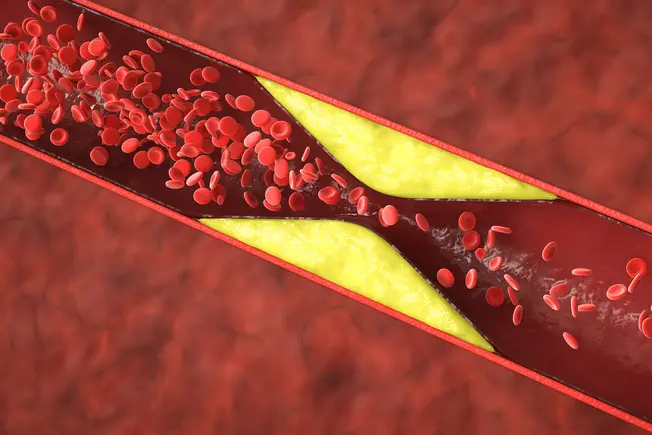
Myth #1: All Cholesterol Is Bad
Fact: Your body needs some cholesterol to stay healthy, but you can have too much. Your total cholesterol number is the sum of a few types, mostly LDL, or low-density lipoprotein cholesterol, and HDL, or high-density lipoprotein cholesterol. Problems happen when you have too much LDL – it’s the one most likely to clog your arteries. HDL is thought of as the “good” cholesterol because it can help sweep LDL away.
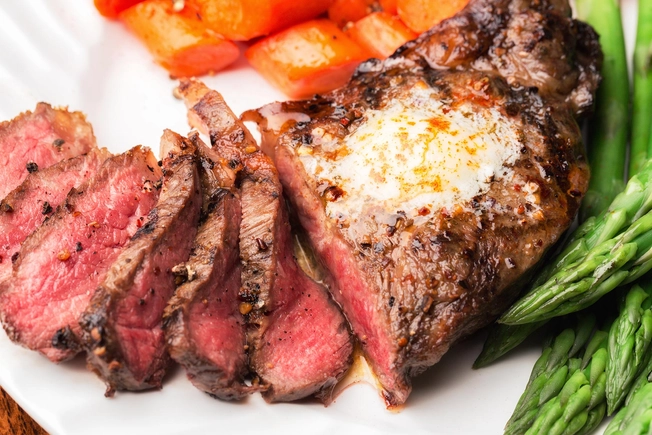
Myth #2: High-Cholesterol Foods Are to Blame
Fact: The American Heart Association says to get less than 300 milligrams of cholesterol a day from food, but it turns out that saturated fats are the bigger problem. Red meat, butter, and full-fat dairy are the most common sources. What about eggs? One large egg has 186 milligrams of cholesterol and just 1.6 grams of saturated fat, or 8% of the daily cap, so you can enjoy them in moderation.
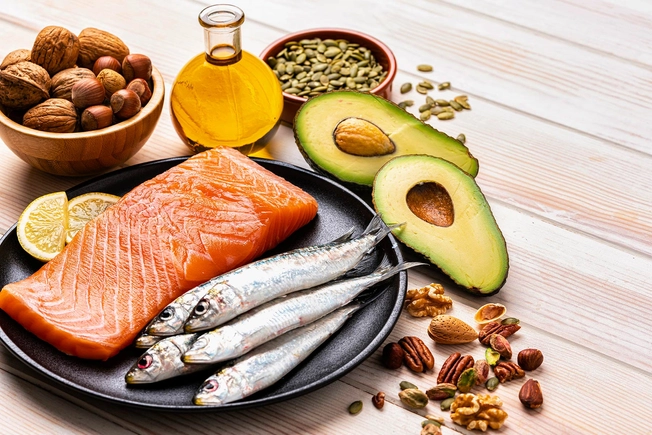
Myth #3: A No-Fat Diet Is the Best Diet
Fact: When it comes to fat, it’s not all or nothing – your body needs fat, but it should be the right kind. The top choice is unsaturated fats, which can be polyunsaturated, like walnuts, sunflower seeds, flaxseed, and fatty fish, or monounsaturated, like olive oil and avocados. Make the switch to help lower your high LDL and boost your heart health.
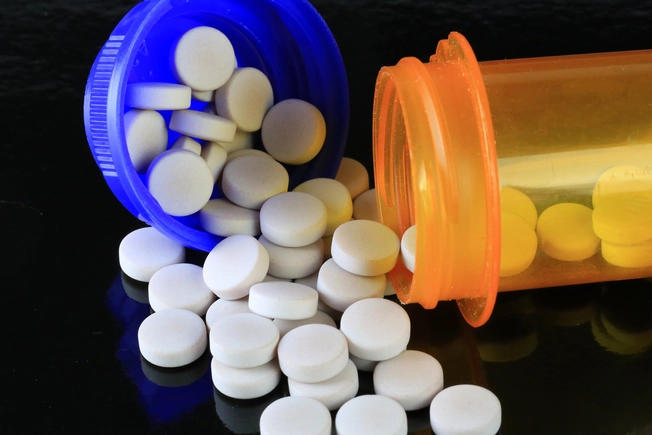
Myth #4: You Can Eat What You Want if You’re Taking Cholesterol Meds
Fact: It takes a few steps to control cholesterol and prevent its complications, like heart disease and stroke. Medication is just one of them. You also want to follow a heart-healthy diet that includes fruits, vegetables, and whole grains rich in fiber, plus foods with unsaturated fats like fatty fish, nuts, seeds, and olive oil.

Myth #5: Thin People Can’t Have High Cholesterol
Fact: High cholesterol can happen to anyone. Risk factors include not enough exercise, a low-quality diet, and inherited conditions like familial hypercholesterolemia. Though high cholesterol is more common among people who are overweight or obese, being just a few pounds above your ideal weight can increase your risk.

Myth #6: Only People Over 35 Need to Be Tested
Fact: Your cholesterol should be checked every 5 years from childhood to middle age. Men ages 45 to 65 and women ages 55 to 65 should have it checked every 1-2 years. After age 65, make it yearly. If you have high cholesterol, you may need more frequent testing to make sure your meds and lifestyle changes are working. If your cholesterol has never been checked, ask your doctor about it – don’t wait for them to bring it up.

Myth #7: Only Adults Can Have High Cholesterol
Fact: Current stats show that 7% of kids between the ages 6 and 19 have high cholesterol. Their risk factors are the same as for adults: an unhealthy diet, unhealthy weight, and a family history of high cholesterol and heart disease. Children with any of these risk factors should have their cholesterol checked as early as age 2.

Myth #8: High Cholesterol Affects Mostly Men
Fact: Before menopause, women may have some protection from high cholesterol, thanks to estrogen, but even young women can have worrisome cholesterol levels. After menopause, you may see a change in your cholesterol levels, even if this was never a problem. Though heart disease usually happens later in life in women than in men, it’s the leading cause of death for women. Cholesterol control is key to a healthy heart.
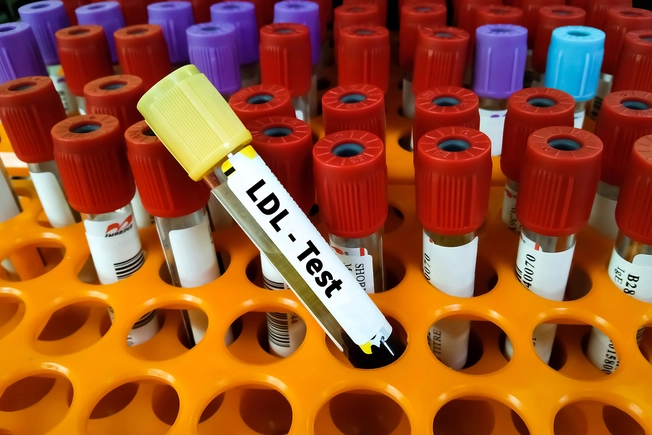
Myth #9: High HDL Can Fix High LDL
Fact: A high HDL number is a good thing, but it can’t make up for high LDL or high total cholesterol. Also, scientists recently discovered there are different types of HDL, and not all of them lower your overall risk. There are new ways to measure LDL that may be more accurate and that don’t require fasting in advance.

Myth #10: It All Comes Down to Diet
Fact: Diet isn’t the only lifestyle factor that needs your attention. Other things can also help you manage your cholesterol. If you’re a smoker, quit to help raise your good HDL cholesterol. Exercise also has this benefit – aim for 30 minutes on most days of the week. And lose weight if you’re carrying extra pounds.
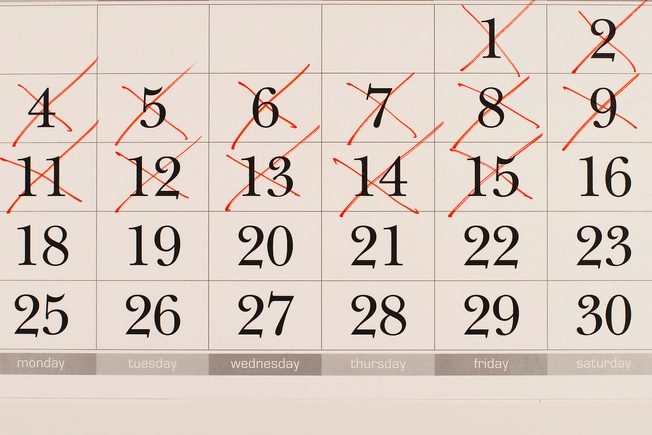
Myth #11: It’s OK to Skip a Statin Dose
Fact: Statins can cut heart disease risk by 25%, yet 50% of people don’t take them properly, risking complications and more doctor visits. Just as you don’t feel high cholesterol, you may not feel the benefits of your meds, but that doesn’t mean they aren’t working. It’s easier to get into a daily habit when you take them on a schedule. Forgot a dose? Get back on track the next day. Bothered by side effects? Talk to your doctor instead of skipping doses.